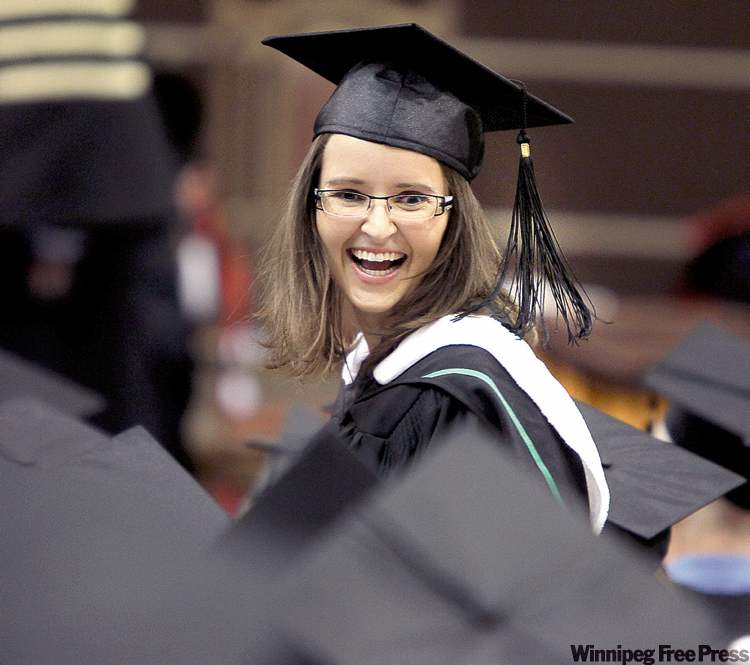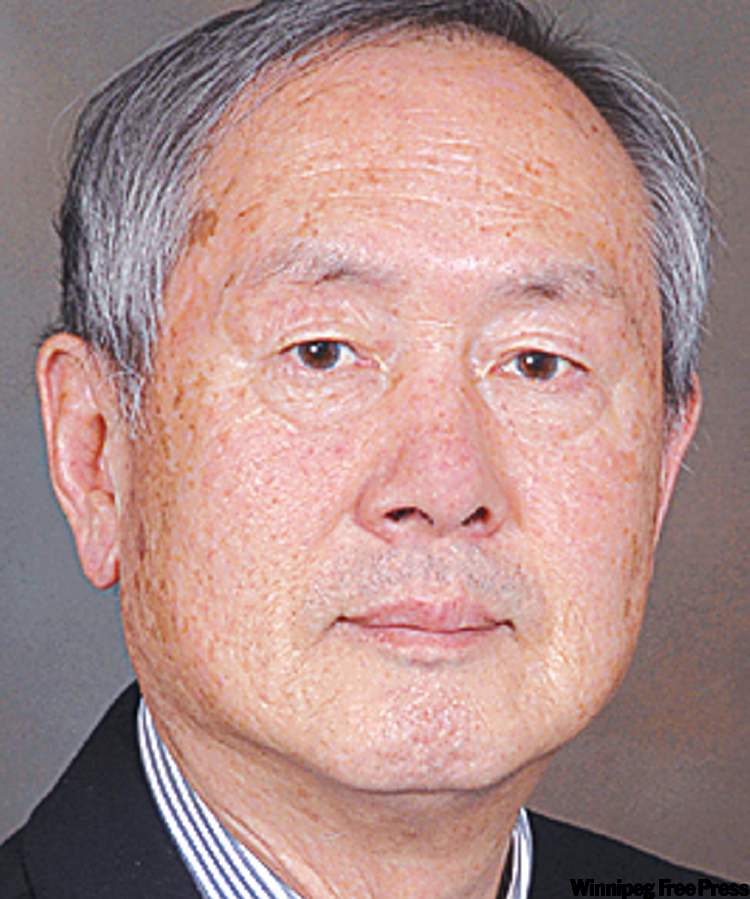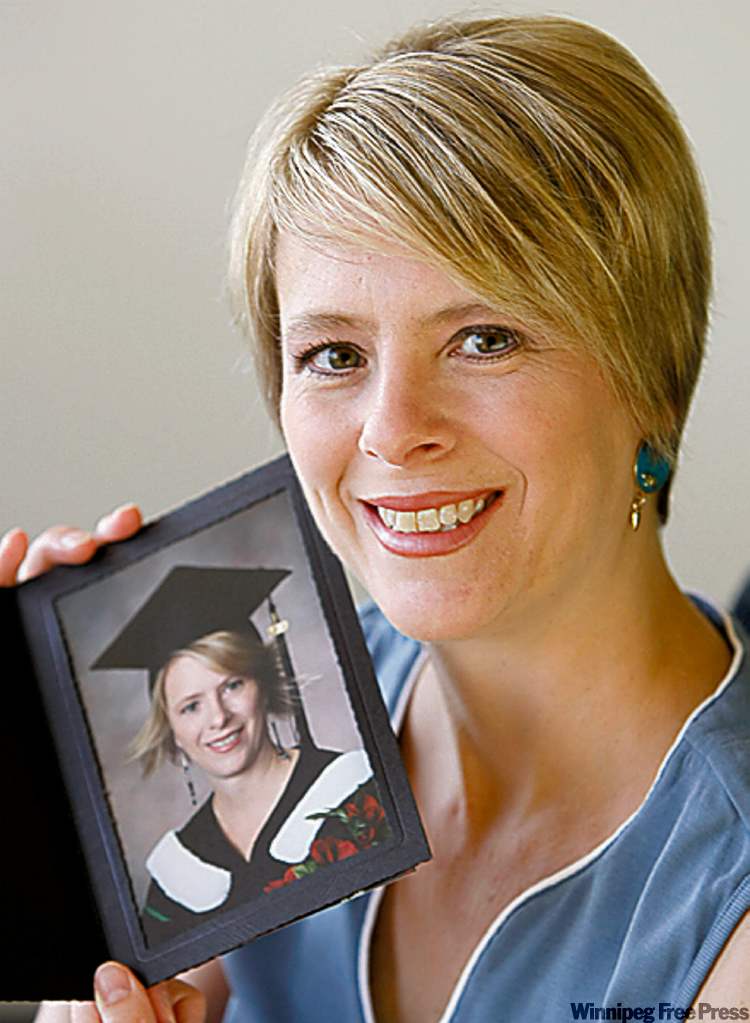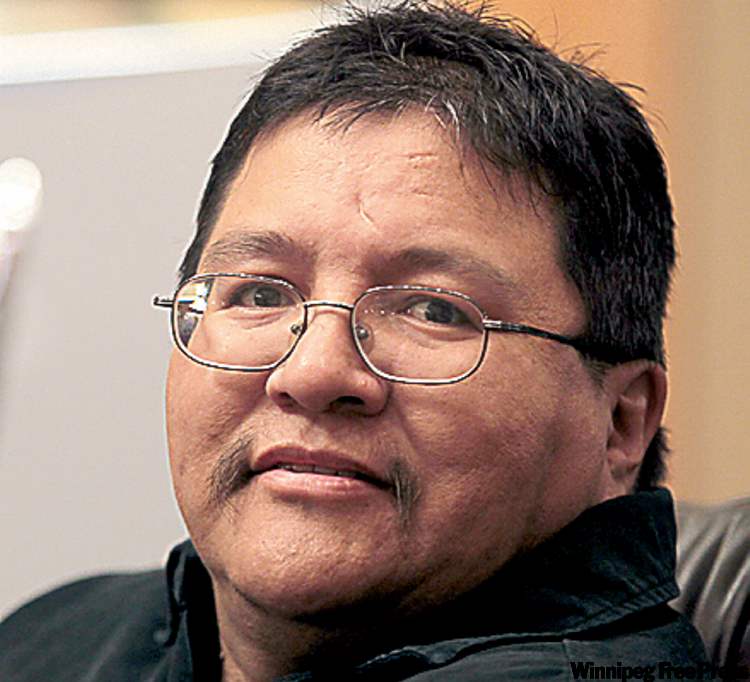Lifetime of research rewarded
Geophysicist vividly recalls harrowing trips to Andes
Advertisement
Read this article for free:
or
Already have an account? Log in here »
To continue reading, please subscribe:
Monthly Digital Subscription
$0 for the first 4 weeks*
- Enjoy unlimited reading on winnipegfreepress.com
- Read the E-Edition, our digital replica newspaper
- Access News Break, our award-winning app
- Play interactive puzzles
*No charge for 4 weeks then price increases to the regular rate of $19.95 plus GST every four weeks. Offer available to new and qualified returning subscribers only. Cancel any time.
Monthly Digital Subscription
$4.99/week*
- Enjoy unlimited reading on winnipegfreepress.com
- Read the E-Edition, our digital replica newspaper
- Access News Break, our award-winning app
- Play interactive puzzles
*Billed as $19.95 plus GST every four weeks. Cancel any time.
To continue reading, please subscribe:
Add Free Press access to your Brandon Sun subscription for only an additional
$1 for the first 4 weeks*
*Your next subscription payment will increase by $1.00 and you will be charged $16.99 plus GST for four weeks. After four weeks, your payment will increase to $23.99 plus GST every four weeks.
Read unlimited articles for free today:
or
Already have an account? Log in here »
Hey there, time traveller!
This article was published 02/06/2010 (5696 days ago), so information in it may no longer be current.
Retired geophysicist Prof. Wooil Moon had a lifetime of research projects in his career with the department of geology, a career so outstanding that the University of Manitoba is conferring professor emeritus status on him during this week’s 131st spring convocation. But Moon vividly recalls two research trips on which he thought he and his students were doomed.
On the first trip, the research team nearly died of thirst in Bolivia; during the second trip, they were kidnapped by gunmen in Peru.
They were back-to-back summers about 15 years ago, and both involved research projects for the Canadian Space Agency in the Andes mountain range, said Moon, who’s never before talked publicly about the experiences.

"I was doing micro-imaging sensing," said Moon. The CSA was launching satellites using radio microwaves to send back images of the moon and Venus, technology which can penetrate cloud cover, rain and snow. The image quality deteriorates the more moisture that surrounds the equipment, so the CSA wanted the equipment tested in the driest possible conditions.
"The driest part of the planet is the Andes mountains — there’s absolutely no water," Moon said.
So off he, several students, and a local assistant went to Bolivia.
"There’s no roads, nothing," he said.
High in the mountains, they ran out of water. Two days later, "The students started falling down, without water, they were hallucinating," said Moon, who thought they were all going to die.
The Bolivian Geological Survey truck coming to resupply them had broken down, and the authorities wouldn’t step in, he found out later. Moon thought he too was hallucinating under the unobscured stars when he heard voices. It was local indigenous people that the BGS had sent to search for the Canadians.
"They brought coca leaves. They crushed the coca leaves and put them in the students’ mouths, and suddenly they came alive," Moon recalled. And then they all walked down off the mountain.
After that experience, the following summer, Moon and two U of M students took their CSA project to the Andes on the Peruvian side.
Another mistake.
"The second day, one of the small towns in Peru, the two students and I had dinner," Moon recalled.
As they stepped out into the small town square, a man Moon thought was a taxi driver beckoned them to his car and said he’d drive them to their hotel.
"We got in — he started off to the top of the mountain."
Halfway up, the driver stopped, and things got really scary.
"His colleagues, with guns, jumped into the car. We were kidnapped."
They demanded the U of M crew’s money and credit cards. "At gunpoint, they asked for the PIN numbers," Moon said.
Although it was frigid, the gunmen took the Canadians’ coats. "They gave us dirty-looking blankets."
Moon said that former Peruvian president Alberto Fujimori had just stepped down, and he feared the gunmen were anti-government guerrillas and that they’d targeted anyone of Asian background, thinking Moon might be linked to Fujimori.
The Canadian passports helped, he said, and the three Canadians felt a little better when they were taken to a house with religious symbols and pictures everywhere.
Durin the middle of the night, the gunmen dropped the U of M trio at a convent.
"The most scary part was the first half-hour. We were really scared — we thought we were going to die," recalled Moon. "They took everything we had."
As for the space project, "We just gave up everything and we came back."
— — —
Stewart McDougall thrives on the trap lines — but a university campus was once an alien and unknown environment.
McDougall dropped out of the University of Winnipeg back in the 1990s, unable to cope with life in the city after growing up in the fly-in community of St. Theresa Point.
Now, McDougall is principal of his community’s middle school and graduating with a master’s degree in education from the University of Manitoba.
McDougall is one of 2,780 graduates in U of M’s 131st spring convocation this week.
"I first encountered culture shock, I couldn’t survive in that environment," McDougall recalled.
He returned home. "My dad wanted to take me on the trap line for one year. (Now) Every free time I have, that’s where I am."
McDougall landed a job as an educational assistant at the St. Theresa Point School. Back when he’d been a high school student, "They asked for volunteers to help students with math work — that’s where I got my passion for teaching, to see students progress."
He went from classroom aide to education student in Brandon University’s northern program, but it was taking too long. His late father believed in second chances, but he was strict.
"My father dropped me off across 18th Street from Brandon University. He said, don’t come back until you’re done," McDougall said.
McDougall’s wife teaches at the St. Theresa Point School — they’re both from the community — and they have a baby and a teenager, both boys. With financial support from the band, McDougall has been taking his course work at U of M in the summers, flying back and forth to Winnipeg on weekends during the school year.
His thesis adviser is U of M education Prof. Marlene Atleo, mother of the grand chief of the Assembly of First Nations, Shawn Atleo.

"Marlene has a lot of influence on how I see myself in this world," said McDougall, whose thesis is on parental involvement in education.
"I designed a parental involvement program at the school. We’re slowly getting there — right now, our parental involvement is very low at the school. It goes back to residential schools, when parents weren’t allowed to get involved," he said.
McDougall sees his master’s degree as a way to give back to his community.
"Traditional knowledge, and the academia I get from the dominant society, tend to complement. Serving people is what it’s all about."
— — —
Denise Lemay is graduating at age 45 with a political science degree — but how many of her classmates are looking for a job with CSIS or military intelligence?
"I’m a military brat," laughed Ottawa-born Lemay, who said her fighter-pilot dad was stationed in Winnipeg long enough for her to go to kindergarten at Jameswood School in St. James.
She and her husband moved here for his new job and her education after both got laid off at Nortel, said Lemay. Few universities offered courses in strategic defence analysis.
Lemay said she’s studying classic strategies of modern warfare and insurgency, and "the just war theory" of the rules under the Geneva Convention, which Canada must follow in Afghanistan. "I’d like to work in policy analysis," she said.
They have two adult children, one of whom just shipped out for Afghanistan.
"How do I feel? Terrified for him," said Lemay, who saw her son off right after finishing her exams.
nick.martin@freepress.mb.ca
A detailed list of all recipients of student medals, honorary degrees, awards, emeritus status, and other convocation honours is available at www.winnipegfreepress.com
Honorary degree recipients:
— A graduate of the University of Manitoba, Osgoode Hall Law School, and Harvard University, Constance Backhouse has served as a mediator and adjudicator of human rights complaints and an adjudicator for compensation claims for Indian residential schools across Canada.
Gary Doer was Manitoba’s 20th premier and served from 1999 to 2009. He is now Canada’s ambassador to the United States.
Dr. Michael N. G. James has been the pre-eminent leader in protein crystallography in Canada for 40 years.
Dr. Michael Rachlis is a highly respected and vigorous champion of Canada’s public health-care system.
Winnipeg lawyer Marshall Rothstein was appointed to the Supreme Court of Canada in 2006.
Don Whitmore has spent his entire career in the construction industry, with a reputation for seeking out and embracing new technologies.
Teaching awards
Dr. and Mrs. H. H. Saunderson Award for Excellence in Teaching: Prof. Reg Litz, marketing
Olive Beatrice Stanton Award for Excellence in Teaching: Prof. Elena Smirnova, chemistry
Chancellor’s award
Peter D. Currie Chancellor’s Award: Helen Norrie
Outreach award
Dr. and Mrs. D.R. Campbell Outreach Award: Prof. Jennifer Mactavish, faculty of kinesiology and recreation management
Emeritus awards
Chancellor: William Norrie

Dean: Henry Janzen, Harvey Secter
Distinguished Professor: Mahesh C. Chaturvedi
Professor: John (Jack) Cahoon, Jane Evans, James Fu, Wooil M. Moon, Arvind Shah, Daniel Sitar, Patrick Choy
Student medals
Governor General’s Gold Medal, awarded for outstanding achievement at the graduate level: Salaheddin Mahmud (above right)
Governor General’s Silver Medal, awarded for outstanding achievement at the undergraduate level: Trevor Jeremy Rempel (above left)
Governor General’s Bronze Medal, awarded for highest standing in the two-year diploma course in agriculture: Jonah Harold Genik (above right)
Governor General’s Bronze Medal, awarded for highest standing in the two-year diploma program in art, dental hygiene, or the aboriginal focus programs: aboriginal community wellness or aboriginal child and family services: Jamie Pham (above left)
University
gold medals
Awarded for highest standing in an undergraduate faculty or school
Agriculture and food sciences — Rebecca Catherine Elskamp
Architecture — Logan Littlefield
Art — Cullen Ryan Reesor Bingeman
Arts — Uliana Nevzorova
I.H. Asper School of Business — Michelle Erin Pelech
College Universitaire de Saint Boniface — Audrey Kodye

Dentistry — Angela Justine Kehler
Education — Jocelyne Rachelle Chartier
Engineering — David John Robert Weber
Human ecology — Stephanie Patricia Barbara Caligiuri
Kinesiology and recreation management — Aaron Joseph Boila
Law — Anne Amos-Stewart
Music — Ashley Marie Klassen
Nursing — Lisa Giesbrecht
Pharmacy — Carolyn Dawn Lawrance
Science — Trevor Jeremy Rempel
Social work — Andre Nicole Pelser
Clayton H. Riddell Faculty of Earth, Environment and Resources — Matthew Cornelius Veenman

Nick Martin
Former Free Press reporter Nick Martin, who wrote the monthly suspense column in the books section and was prolific in his standalone reviews of mystery/thriller novels, died Oct. 15 at age 77 while on holiday in Edinburgh, Scotland.
Our newsroom depends on a growing audience of readers to power our journalism. If you are not a paid reader, please consider becoming a subscriber.
Our newsroom depends on its audience of readers to power our journalism. Thank you for your support.


